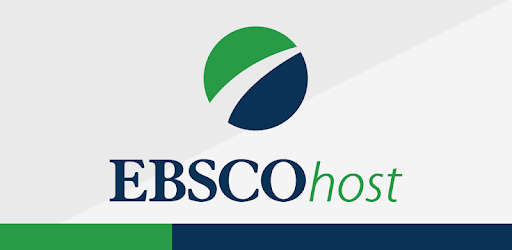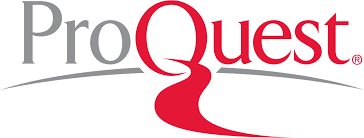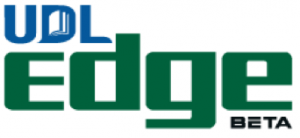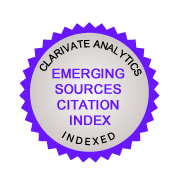A FRAMING ANALYSIS OF INDONESIAN NEWSPAPER COVERAGE ON THE ISSUE OF PALM OIL DISCRIMINATION BETWEEN INDONESIA AND THE EUROPEAN UNION
DOI:
https://doi.org/10.32890/jis2021.17.2Abstract
This article provides a framing analysis of two newspapers in Indonesia, named Harian Kompas and The Jakarta Post, on the palm oil discrimination issue. Indonesia called for WTO negotiation with the European Union in December 2019, as the later party imposes a higher tariff on palm oil. Using qualitative analysis, this research is conducted in two steps. First through word frequency analysis, and second through framing analysis. The goal is not only to see the dominant words appear in both newspapers but also to see whether the positive or negative framing which to be salient in the discussion of the palm oil discrimination issue. Although the Jakarta Post seemingly appears to have fewer negative words than Harian Kompas, further analysis reveals that both newspapers have the same negative tone in their framing. This finding puts some bias as the discussion on European Union as the leader on combating climate change and that the RED Initiative and Delegated Act as one way to attain the climate deal, in some ways are not much discussed on their news coverage.














